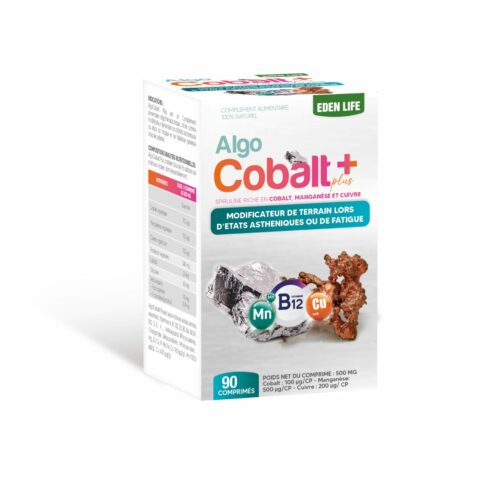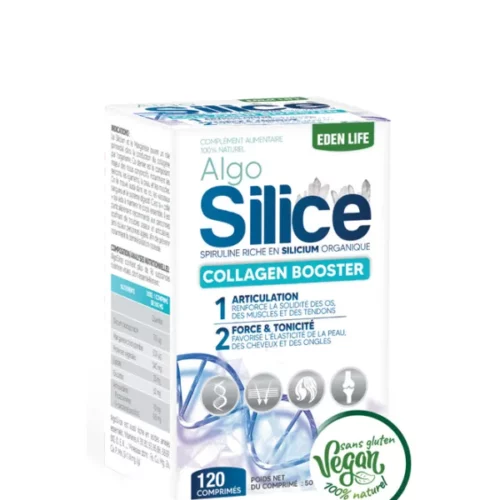Accept crypto payments, deposits, and donations online from your customers. Using these payment processors, you can create checkout pages that integrate with your existing systems. If you’re using a platform that supports these directly, like Shopify and WooCommerce, you’ll simply need to link them. Otherwise, you’ll need to use a processor’s API directly. Join the thousands of businesses already using the world’s leading crypto payment processor.
Prepare for Crypto Volatility by Converting Bitcoin to Cash
Bitcoin is a decentralized payment method, which means if there’s an error, you will not be able to call anyone to resolve it. There is a higher responsibility on the merchant, as opposed to a credit card processor, where you can get your questions answered by phone. This digital tool acts as your hub for receiving and managing Bitcoin payments. everything you need to know about hiring node js developers in 2022 Think of it as setting up a new, specialized account for your digital transactions. However, if diving into crypto wallets feels like navigating uncharted waters, you have an alternative.
- Credit card payments, on the other hand, are processed immediately, but customers are able to dispute payments after they’ve been processed.
- The fee is approximately 0.5% of the total transaction but varies according to market conditions.
- You can use a crypto wallet to accept directly from a customer’s crypto wallet.
- Let’s tackle some common questions you might have if you are still in doubt about BTC payments.
- And it’s not just a point of interest of stock exchange players.
For high-risk merchants who’ve been declined by traditional payment processors, accepting cryptocurrencies may be especially appealing. This guide covers how to set up your business properly to accept crypto payments and the significant ways accepting cryptocurrency differs from accepting credit card payments. Now it’s time to incorporate cryptocurrency as a option in your checkout process and at your point of sale. Some payment processors like PayPal have crypto built into their checkout solution, so accepting crypto from customers can be simple. PayPal even converts the cryptocurrency to fiat currency, like traditional US dollars, to pay the merchant.
So let’s break down the steps of how to accept bitcoin payments and sprinkle in some key considerations, ensuring you’re well-equipped for this digital leap. Bitcoin cuts down those pesky transaction fees you get with regular payment methods. This is especially sweet for businesses dealing with lots of transactions or those sending money across borders. Think of it as keeping more cash in your pocket instead of losing it in transaction fees.
Using Coinbase Payments
Some even offer insurance coverage for digital assets stored within the platform. Ensure that you select a gateway that adheres to the highest security standards. When a customer begins a payment, BitPay locks in an exchange rate available to the customer for 15 minutes. Depending on your digital wallet, accepting Bitcoin on your website could be as easy as enabling a plug-in. When customers get to the payment portion of the check-out process, they’ll see an option to pay in Bitcoin. In February 2021, electric vehicle and clean energy company Tesla made headlines when it announced it had bought $1.5 billion worth of bitcoin .
How secure are cryptocurrency payment gateways?
But Tesla isn’t the only company keeping cryptocurrency in mind. As of August 2021, plenty of other big names accept Bitcoin, including AT&T, Overstock, and the Wikimedia Foundation. Research by QuickBooks shows 15 percent of U.S. small what is the difference between ethereum and bitcoin businesses now accept cryptocurrency.
Business
For small businesses, accepting popular types of crypto, like Bitcoin, can potentially open a whole new customer base and help increase sales. But first, it’s important to have a strong understanding of what crypto is, how it works, and how to potentially start receiving Bitcoins for your business. By accepting Bitcoin, you’re crypto mining opportunities ramp up as bitcoin bonanza causes demand to surge rolling out the welcome mat for a crowd that’s all about using crypto.
Once you understand the crypto regulations in your area and have an accounting plan to track these payments, accepting cryptocurrency can be seamless to set up. Learn more about the best payment gateways for small businesses. When a customer pays with Bitcoin, they’re essentially sending the digital currency directly to the merchant’s wallet or a payment gateway. This system works like a high-tech cash register, creating a unique digital address for each sale, ensuring both security and clarity.
Use PayPal Checkout to accept many different options, including cryptocurrencies like Bitcoin. With PayPal Checkout, shoppers can pay the way they want to, and PayPal helps keep business transactions secure with fraud protection. PayPal Checkout easily integrates with most major ecommerce platforms, so you can start accepting crypto with ease.
There are no size restrictions on businesses that can accept cryptocurrencies. These payment gateways can convert your crypto payments to cash automatically. Accepting bitcoin payments will require paying fewer fees than credit card payments. However, there is a higher learning curve for accepting cryptocurrency, and it requires a bit of patience to set up.












